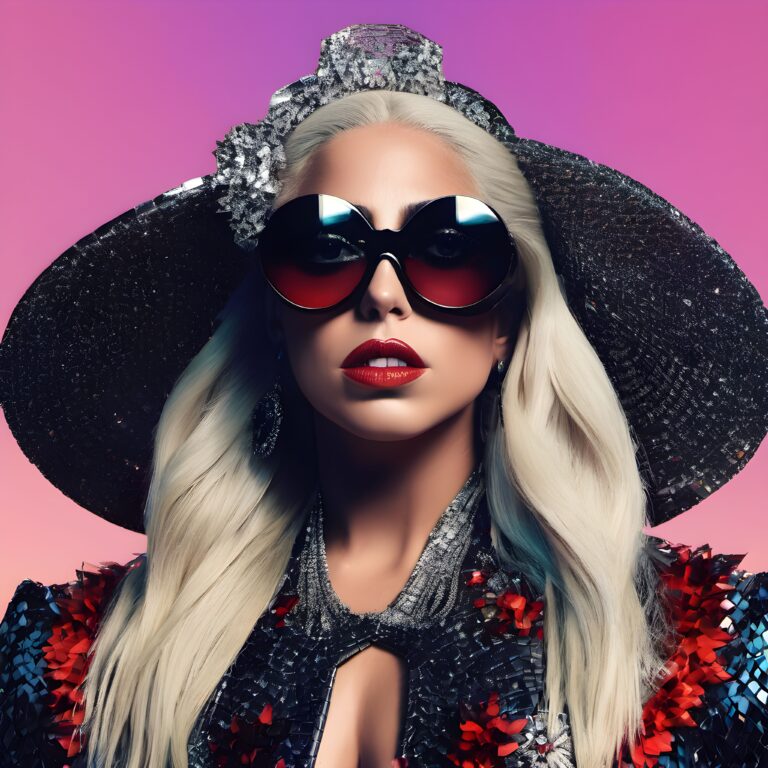As the wave of technological revolution sweeps across all industries, Hollywood is no exception. The film industry is increasingly adopting artificial intelligence (AI) in various facets of movie making, with screenwriting being one of them. However, not everyone is pleased with this technological shift. One such critic is the acclaimed actor and filmmaker, Sean Penn. He recently voiced his concern about the growing use of AI in screenwriting, deeming it a “human obscenity.”
Ever since the advent of AI, its infiltration into the creative domains has sparked both fascination and skepticism. The technology’s potential in creating scripts and dialogues has been widely recognized, leading to its increasing application in film production. AI-driven scripts have already been utilized in numerous indie films and are steadily gaining acceptance in mainstream Hollywood.
Sean Penn, however, has a different take on this development. With a career spanning over four decades in the film industry, Penn, a two-time Academy Award winner, argues that the essence of storytelling is human connection and empathy, something that he believes cannot be emulated by AI. The actor calls the rise of AI screenwriting a “human obscenity,” viewing it as an affront to the creative process that has traditionally been the lifeblood of Hollywood cinema.
In his viewpoint, storytelling is an inherently human activity, marked by personal experiences, emotions, and nuances that AI can’t truly understand or replicate. He fears that embracing AI for screenwriting could lead to a loss of unique human perspective, with stories becoming mechanical and devoid of genuine human emotion.
Penn’s criticism does not stand alone. Many in the film industry share his sentiment, arguing that while AI may assist in script development by providing quantitative data and pattern analysis, it cannot replace the innate creativity, intuition, and emotional intelligence of a human screenwriter.
Despite the controversy, it’s undeniable that AI holds potential for the film industry. It can streamline processes, offer new perspectives, and even facilitate a more diverse range of stories. However, striking a balance between human creativity and AI capabilities appears to be the need of the hour.
As we stand at the intersection of technology and creativity, Sean Penn’s critique of AI screenwriting prompts a crucial conversation. How much should we lean on artificial intelligence in the realm of storytelling? Will the rise of AI lead to a significant paradigm shift in Hollywood, and if so, at what cost? These questions underline the ongoing debate, pushing us to reflect on the future of cinema in the era of AI.
The rise of AI in screenwriting is a complex issue, enveloped with exciting possibilities and potential pitfalls. As we embrace this new era, it’s important to heed voices like Penn’s, who remind us of the irreplaceable value of human creativity. As the story unfolds, the world will be watching, eager to see how this technological shift transforms the silver screen.












